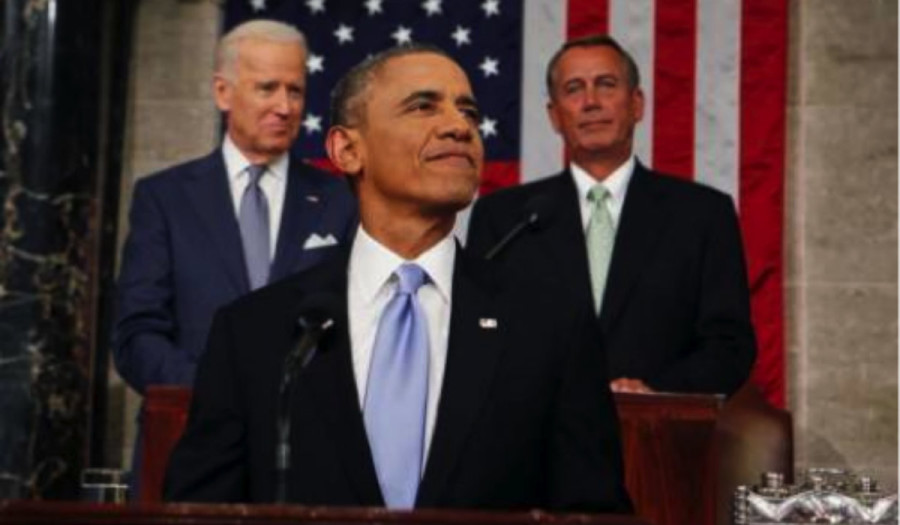On Tuesday, January 28, 2014, President Barack Obama proposed an interesting concept to viewers during his annual State of the Union address that has left society polarized. The leader of our country has revealed his yearn to raise the minimum wage for all American workers from $7.25 per hour, which was issued back on July 24, 2009, to an impressive $10.10 per hour.
Some U.S. citizens strongly agree with President Obama’s suggestion, noting that society would experience more consumer purchases which would increase the success of our economy as a whole. According to an article published on timeforaraise.org, “If the minimum wage were instead raised to where it should be, at least $10 per hour (which would still put it below the minimum wage in 1968), this would release at least $60 billion over two years into the economy.” This large sum of money could dramatically help the United States’ debt conflict, and move the country up as a more powerful province worldwide.
Furthermore, poverty-stricken families would receive a more practical paycheck. President Obama states, “Today, the federal minimum wage is worth about twenty percent less than it was when Ronald Reagan first stood here. Tom Harkin and George Miller have a bill to fix that by lifting the minimum wage to $10.10. This will help families. It will give businesses’ customers more money to spend. […] So join the rest of the country. Say yes. Give America a raise.” The unrealistic hourly pay of an average U.S. worker has essentially crippled the American dream, and this could be restored by allotting more money for the same amount of current labor.
The President references relatable stories of American business owners, and then goes on to say, “Tonight, I ask more of America’s business leaders to follow John’s lead and do what you can to raise your employees’ wages. To every mayor, governor, and state legislator in America, I say, you don’t have to wait for Congress to act; Americans will support you if you take this on. And as a chief executive, I intend to lead by example.” By initiating the anticipation of more pay and establishing a sense of unity and patriotism, he is able to cause an excited reaction from Americans who wish to take action as one union to create a positive change in hourly wages.
On top of this, President Barack Obama claims, “In the coming weeks, I will issue an Executive Order requiring federal contractors to pay their federally-funded employees a fair wage of at least $10.10 an hour…,” assuring the credibility of his proposal to Americans across the nation. Statistically, the year 2011 held 3.8 million employees who were paid the minimum wage or below. Rendering from the argument that President Obama makes, this income is too diminutive to abstain proper necessities and an excessive amount of individuals are forced to endure this burden.
On the other hand, some people have negative opinions when referring to the controversial uproar. On the website for the National Center for Policy Analysis, author David R. Henderson evaluates the unemployment aspect of the idea, writing, “In a free labor market, wage rates reflect the willingness of workers to work (supply) and the willingness of employers to hire them (demand). Worker productivity is the main determinant of what employers are willing to pay.” In other words, Henderson makes the point that employers will hire less workers in order to not decrease their selfish income.
Also, teenagers are supposedly going to be negatively affected by the alteration. Betsy McCaughey, writer for the Rockland Times, states, “All teens are harmed…,” also claiming, “First time workers face the biggest risk of being priced out of the job market by a minimum wage hike. They aren’t worth much to an employer when they start working. They don’t have the skills.” Older, more deserving citizens are expected to earn the occupations that many teenagers presently tend to apply for which will cause more competition and less positions.
Overall, the minimum wage dispute has reached the minds of Americans all throughout the nation; however, each person has their own opinion as to the positives and negatives of acting upon this political pitch. Each side has debatable viewpoints; but, in due course, only time will tell the outcome of this modern pandemonium.

